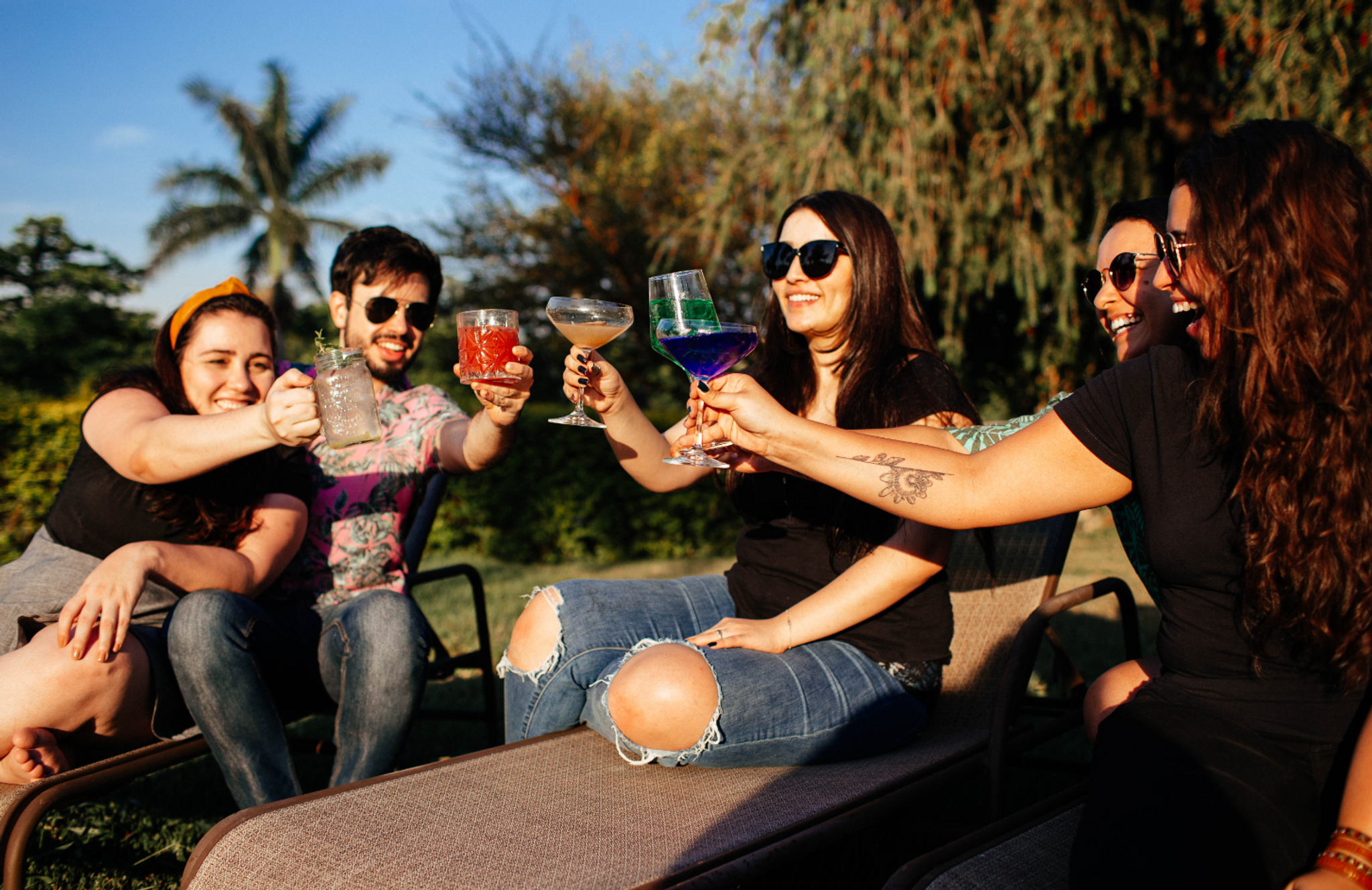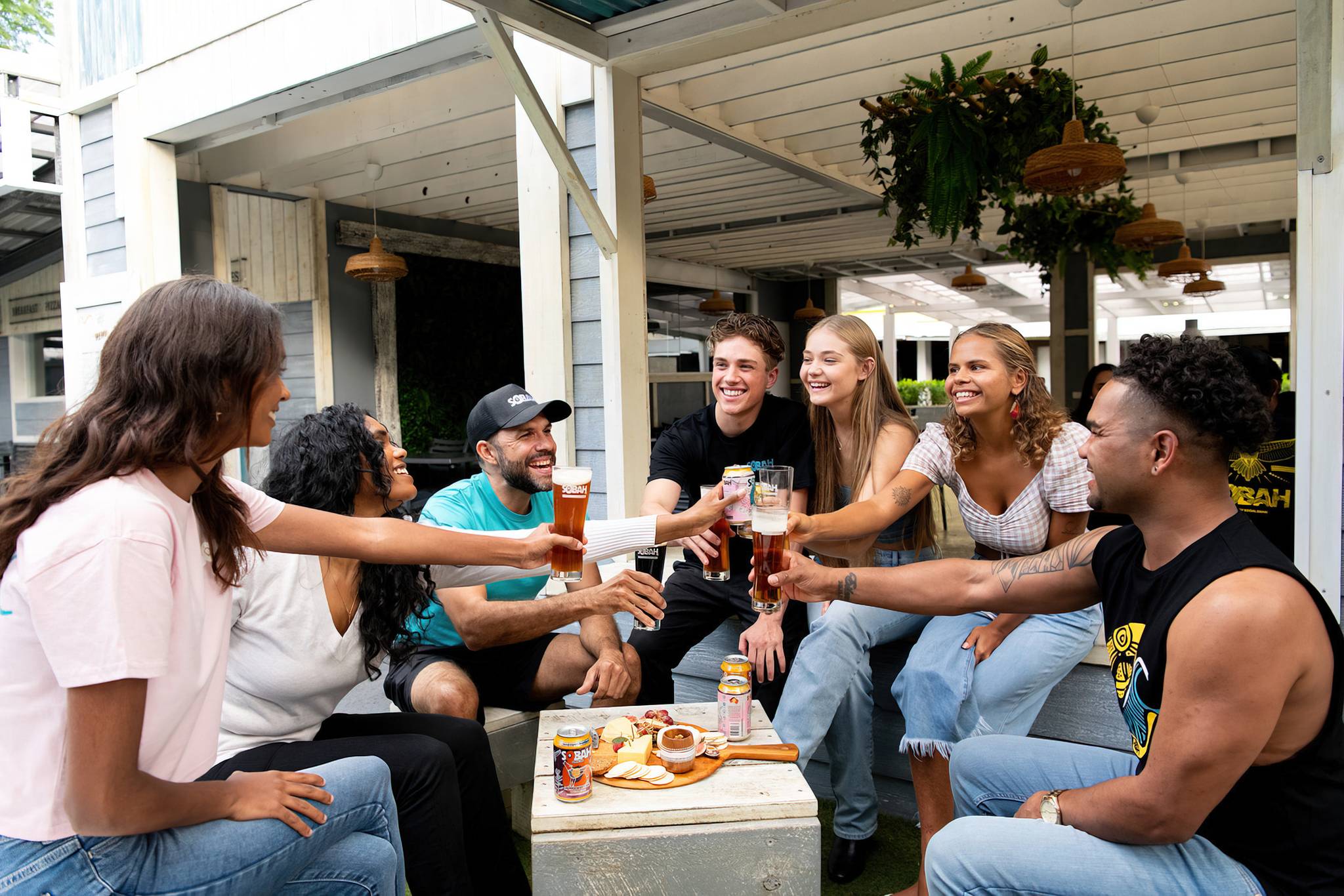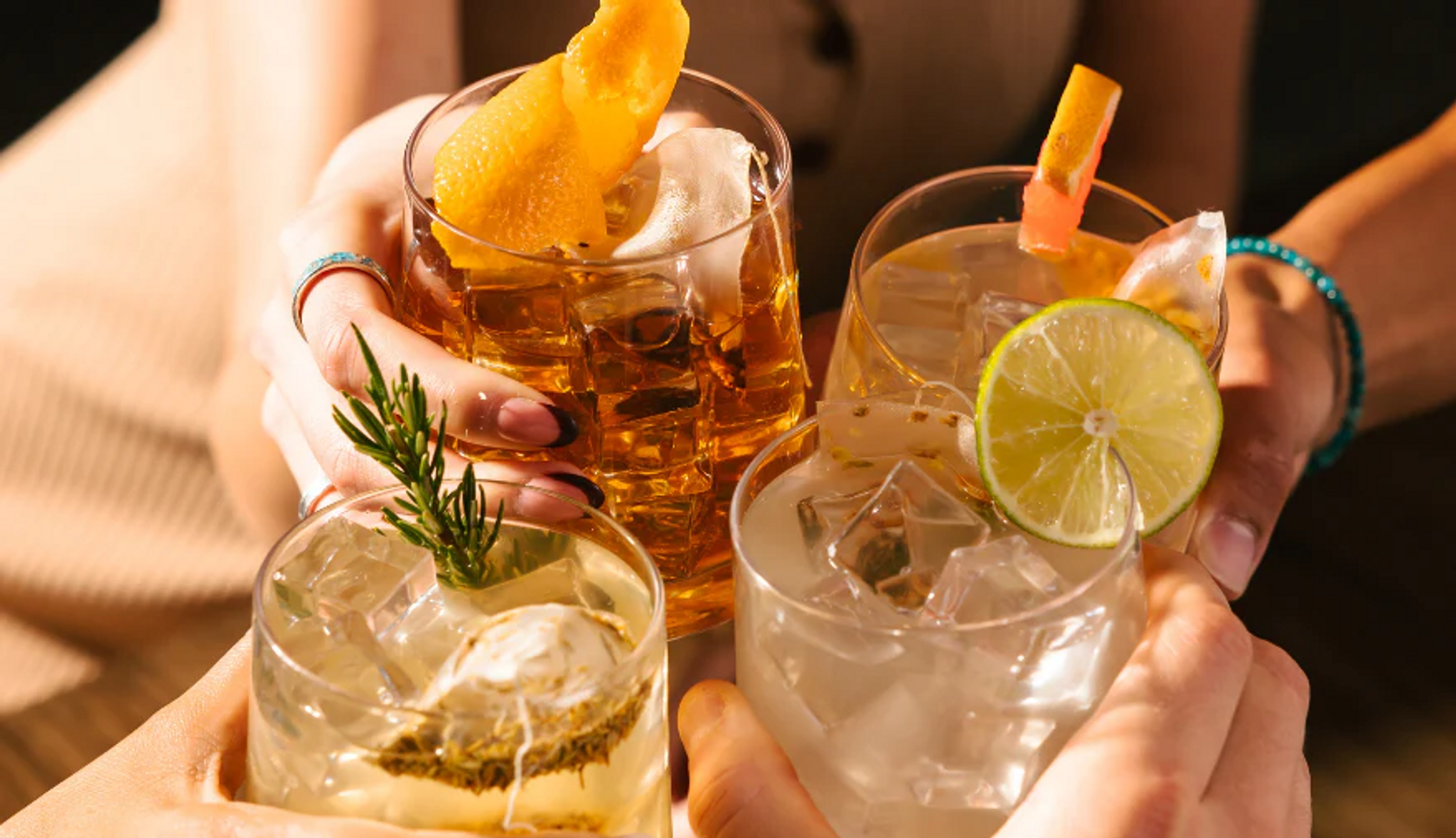
It’s often said that Gen Z drinks less than previous generations. While that may be true thanks to mounting financial woes and increasing health consciousness, young people aren’t entirely abstinent either. What’s driving new drinking behaviours, and what beverages are they opting for instead?
Gen Z is often described as the Puritans of our times: they’re living in the grip of a sex recession, they’re no longer drinking and going to clubs, and they've become too risk-averse… You get the picture.
The skyrocketing popularity of low- and non-alcoholic beverages as of late has been attributed to this conscious cohort, who are now thrust with another label: the sober curious. They’re drinking 20% less than their Gen Y counterparts, and their embrace of sobriety has even resulted in a £14 billion shortfall in the UK government budget.
So, what’s going on with Gen Z’s drinking habits, and what’s their choice of drink today?
Saddled with economic anxiety amid an ongoing cost of living crisis and never-ending global chaos, it’s no surprise that Zers simply find it too expensive to drink in bars or clubs.
“Clubs are literally charging $20 for a tiny drink that tastes like gasoline,” says content creator @yellerweller in a viral TikTok. “It’s not that we’re not drinking, it’s that we’re pre-gaming like nobody’s business because we’re economical.”
The data backs up her sentiments: a report found that 35% of Gen Zers are actually drinking more now than they did pre-pandemic, but they’re also highly budget-conscious with an average monthly expenditure of $50 for alcohol — a stark contrast to the $300 that Gen Yers spend on booze every month.
Teetotalism may be a myth for Gen Z, but what’s really taking root is a more intentional approach to drinking. Prioritising their mental and physical health first, young people are more mindful of the ingredients that go into their drinks and the effects of alcohol on the body.
Indeed, the proportion of American adults aged 18 to 34 who believe that even moderate drinking is harmful has risen 18 points over the last five years.
And Gen Z’s love for functional and ready-to-drink (RTD) beverages is disrupting the stronghold of traditional players like beer and wine. From JuneShine’s hard kombucha for wellness-minded folks to Michelob Ultra low-alcohol beers for fitness lifestylers, young people’s cravings for cautious indulgence with gastronomical innovation are clear.
This is a global phenomenon — Indian Gen Zers are now flocking to hard seltzers, while Sobah’s non-alcoholic beers infused with First Nations ingredients are gaining traction among younger Aussies.
At the end of the day, Zers believe that it’s still possible to have fun without binge drinking and getting trashed. The stereotype that healthy equates to boring is being rewritten, and brands that lean into this generation’s creative spirit stand to gain from the shift towards sober curiosity.
Ultimately, whether it’s DIY-ing safer versions of jungle juice or dipping their toes into at-home mixology, young people are constructing a greater sense of agency over their drinking habits. Far from sounding the death knell for booze, Gen Z is simply reinventing it.



